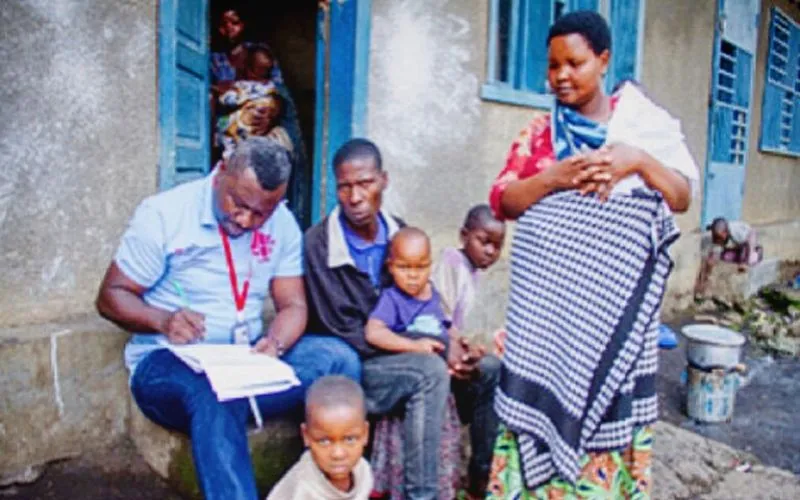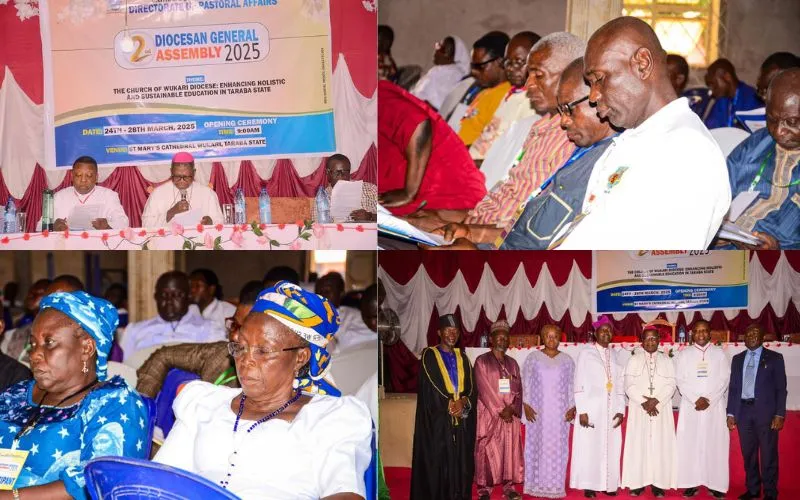Goma, 06 March, 2025 / 9:32 pm (ACI Africa).
The ongoing violent conflict in eastern Democratic Republic of Congo (DRC), which keeps escalating, risks spreading to the entire nation and even becoming regional if there is no immediate intervention, Caritas Internationalis (CI) has warned.
In a statement that the development arm of the Catholic Church delivered at the ongoing 58th regular session of the United Nations Human Rights Council (UNHRC), the organization highlighted the widespread effects of the conflict that has claimed at least 7000 lives.
“We express our deep concern over the worsening security and humanitarian crisis in the eastern DRC, which risks spreading to the entire country and region if no action is taken,” Caritas Internationalis said at the UNHRC session that started on February 24 and is set to end on April 4.
It added, “The looting of humanitarian supplies, the closure of the airports in Goma and Bukavu, and insecurity on major roads have made access to humanitarian aid extremely difficult.”
The conflict in the DRC has escalated significantly in recent months, with the March 23 Movement (M23) rebel group making substantial territorial gains.





